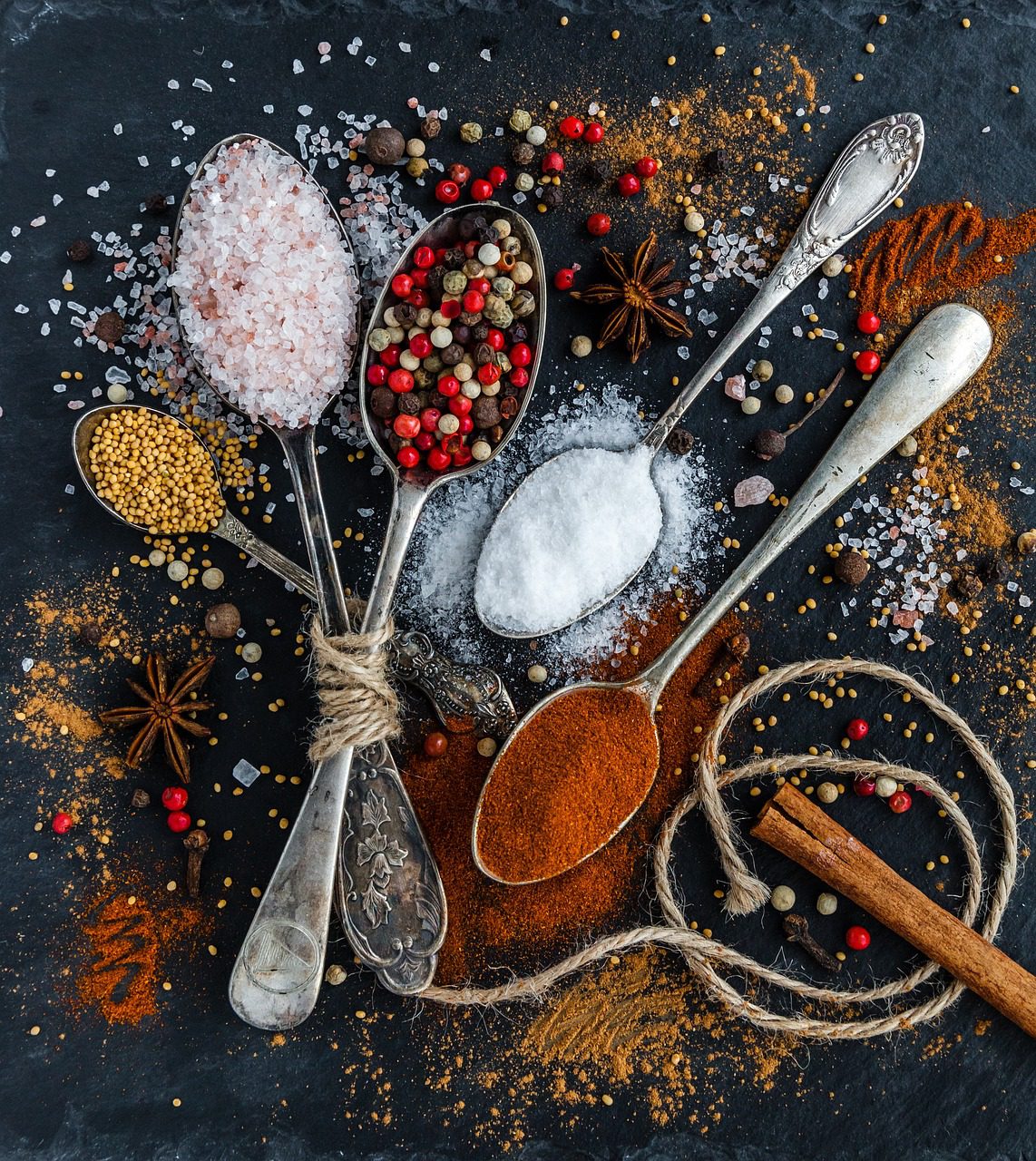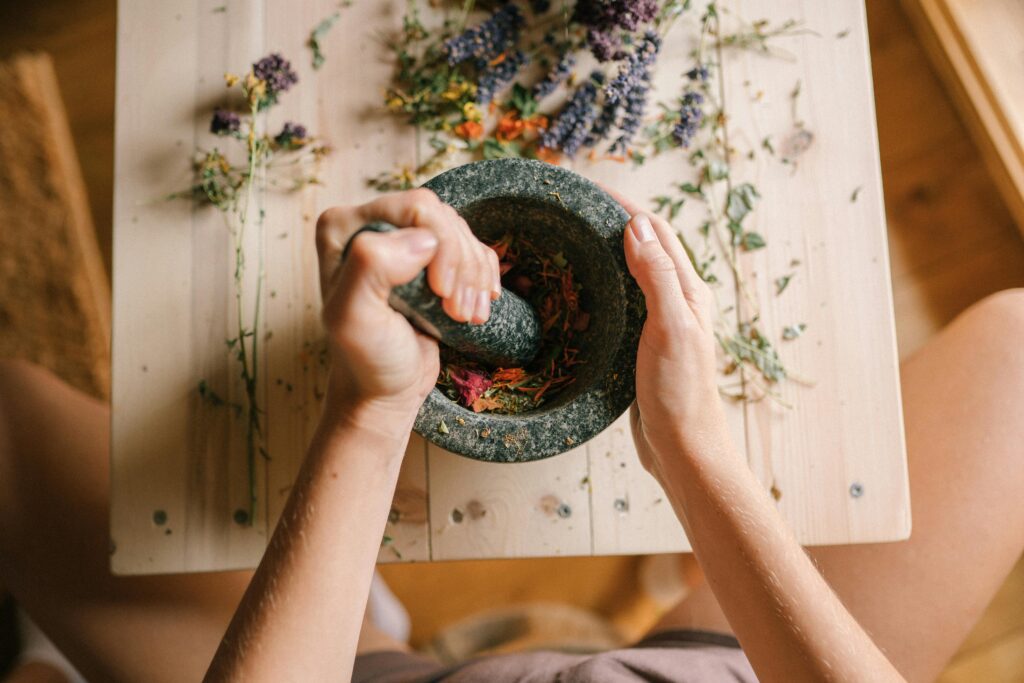How to store spices for long shelf life is a question every kitchen enthusiast, restaurant owner, or spice lover must answer. At Ash Spices, we understand the importance of preserving the aroma, flavor, and quality of your spices for as long as possible. Improper storage can quickly degrade their strength, while the right methods can keep them potent and effective for months—even years.

How To Store Spices For Long Shelf Life: Why It Matters
Proper spice storage is more than just placing jars on a shelf. Spices are delicate and contain essential oils that are highly sensitive to heat, light, moisture, and air. When not stored correctly, their aroma fades, flavor weakens, and health benefits diminish. Imagine preparing your favorite dish only to find the spices have lost their punch. Whether you’re a home cook or a professional chef, storing your spices properly can save you money, prevent waste, and elevate your cooking.
Start by using airtight glass jars or stainless steel containers, which create a strong barrier against moisture and air. Clear containers might look pretty but consider opaque options or store them in dark cabinets to block light. Avoid keeping them above the stove or next to windows where sunlight and steam can wreak havoc.
Use labels with purchase dates to track freshness and remember the golden rule: use the older spices first. Rotating stock is key in kitchens, just like in grocery stores. If you buy whole spices, even better—these last longer than ground ones. Grind them fresh as needed to keep the flavor alive. Spices like cinnamon sticks, cloves, and black peppercorns are great examples of long-lasting whole spices.
High-oil content spices like chili powder and paprika benefit from being stored in the freezer in tightly sealed bags. This prevents oil from going rancid and extends shelf life. But always return them to the freezer quickly after use. Also, don’t underestimate the power of small batch purchasing. Buy smaller quantities more frequently rather than buying in bulk and risking spoilage.
Another overlooked tip is creating a spice box or drawer with frequently used items. This prevents the need to open your main containers regularly, reducing air exposure. Store the bulk supply in a cool, dark pantry and refill the spice box weekly.
Incorporating these practices will not only maintain the flavor of your spices but also enhance your cooking experience. You’ll notice the difference in taste, aroma, and even digestion. Quality storage is a simple habit that delivers delicious rewards.
Want more tips on using and preserving spices? Check out our guide on Benefits of Organic Spices.
1. How To Store Spices in Airtight Containers
Exposure to air is one of the biggest reasons spices lose their potency. Always store your spices in airtight glass or stainless-steel containers to maintain their natural oils and freshness. Airtight containers protect against moisture, dust, and odor transfer. Avoid plastic containers, especially those that are not food-grade, as they may absorb the spice’s oils and alter the flavor.
2. How To Store Spices Away from Heat and Direct Sunlight
Light and heat are the two biggest enemies of spice freshness. Store your spices in a cool, dark cabinet or drawer far away from any heat sources such as stoves, ovens, or microwaves. Prolonged exposure to sunlight can bleach spices, while heat breaks down the essential oils that give them flavor and aroma.
3. Use Small Jars for Daily Use
To avoid constantly exposing your entire spice stock to air, keep small refill jars for daily use and store the rest in larger, sealed containers. This technique is especially helpful for households or restaurants that cook frequently. Refill the smaller jars every week or two to maintain maximum freshness without compromising your main supply.
4. Label Your Spices with Purchase Dates
It’s easy to forget when a spice was purchased, which can lead to using expired or flavorless ingredients. By labeling each container with the date of purchase or packing, you can easily track freshness and make sure you use older spices before they lose their effectiveness. This simple habit also helps with restocking and kitchen organization.
5. Don’t Store Spices Above the Stove
Storing spices above the stove might seem convenient, but the heat and moisture from cooking rise directly into the cabinets above, which quickly damages the spice’s quality. Choose a spot that is dry and cool—preferably a drawer or pantry away from cooking appliances—to ensure they stay usable for longer.
6. Use Whole Spices When Possible
Whole spices like cloves, cinnamon sticks, cumin seeds, and black peppercorns stay fresher much longer than pre-ground spices. Grinding spices just before cooking releases their essential oils and delivers stronger, richer flavor. Consider investing in a spice grinder or mortar and pestle for maximum flavor retention.
7. Freeze Some High-Oil Spices
Certain spices, such as paprika, chili powder, and curry powder, contain natural oils that can go rancid over time. Freezing these spices in small, airtight packets helps preserve their freshness and prevent oxidation. Always seal them tightly and return them to the freezer immediately after use to avoid condensation.
Spices are the soul of Indian cooking. To enjoy their flavor and aroma for a long time, it’s important to know how to store spices for long shelf life. Whether it’s turmeric, red chili, cumin, or garam masala, proper storage helps maintain their freshness and quality.
To store spices for long shelf life, always use airtight containers. Glass or stainless steel jars are best. Avoid plastic pouches or open packets, as they allow moisture and air to spoil the spices. Moisture is the biggest enemy of spices.
Keep your spice containers in a cool, dry, and dark place. Never place them near the stove or in direct sunlight. Heat and light can destroy the natural oils and color of spices.
Also, avoid using wet spoons while taking out spices. Clean and dry your jars before refilling. This simple habit will help you store spices longer and avoid fungus or clumping.
Whole spices like cumin, cloves, and cardamom last longer than ground spices. But both can stay fresh for months with the right storage methods.
If you really care about flavor and health, it’s important to learn how to store spices for long shelf life. These small steps make a big difference.
At Ash Spices, we provide pure and quality spices. And with the right storage, you can enjoy their taste for a longer time. So store smart and spice up your life!
Bonus Tip: Buy in Small Batches
Buying spices in small amounts ensures you’re using them while they’re still fresh. Unless you’re cooking in bulk or running a restaurant, there’s little need to stockpile large quantities. Smaller batches mean less waste and better flavor in every dish.
Want more tips on using and preserving spices? Check out our guide on Benefits of Organic Spices.
External Resource
Learn more about spice storage from this detailed guide on The Spruce Eats.
If you’re buying your favorite masalas from Ash Spices, then it’s important to know how to store spices for long shelf life. These tips not only protect the taste and aroma but also save your money.
Many people ignore proper storage, but those who understand how to store spices for long shelf life enjoy better flavor and longer-lasting spices in their kitchen.
Now that you know how to store spices for long shelf life, start applying these tips today and enjoy the difference in every meal.
At Ash Spices, we guide our customers on how to store spices for long shelf life so they get the best experience with our products.
Proper spice storage is not just about containers, it’s a part of kitchen hygiene. So start using these tips today and teach others also how to store spices for long shelf life like a pro!
Conclusion
Storing spices the right way is crucial for maintaining their flavor and nutritional value. Follow these tips on how to store spices for long shelf life to get the most out of every pinch. With Ash Spices, you get high-quality, well-packaged spices that stay fresh for longer.
Curious about which spices are best for metabolism? Don’t miss our article here.
